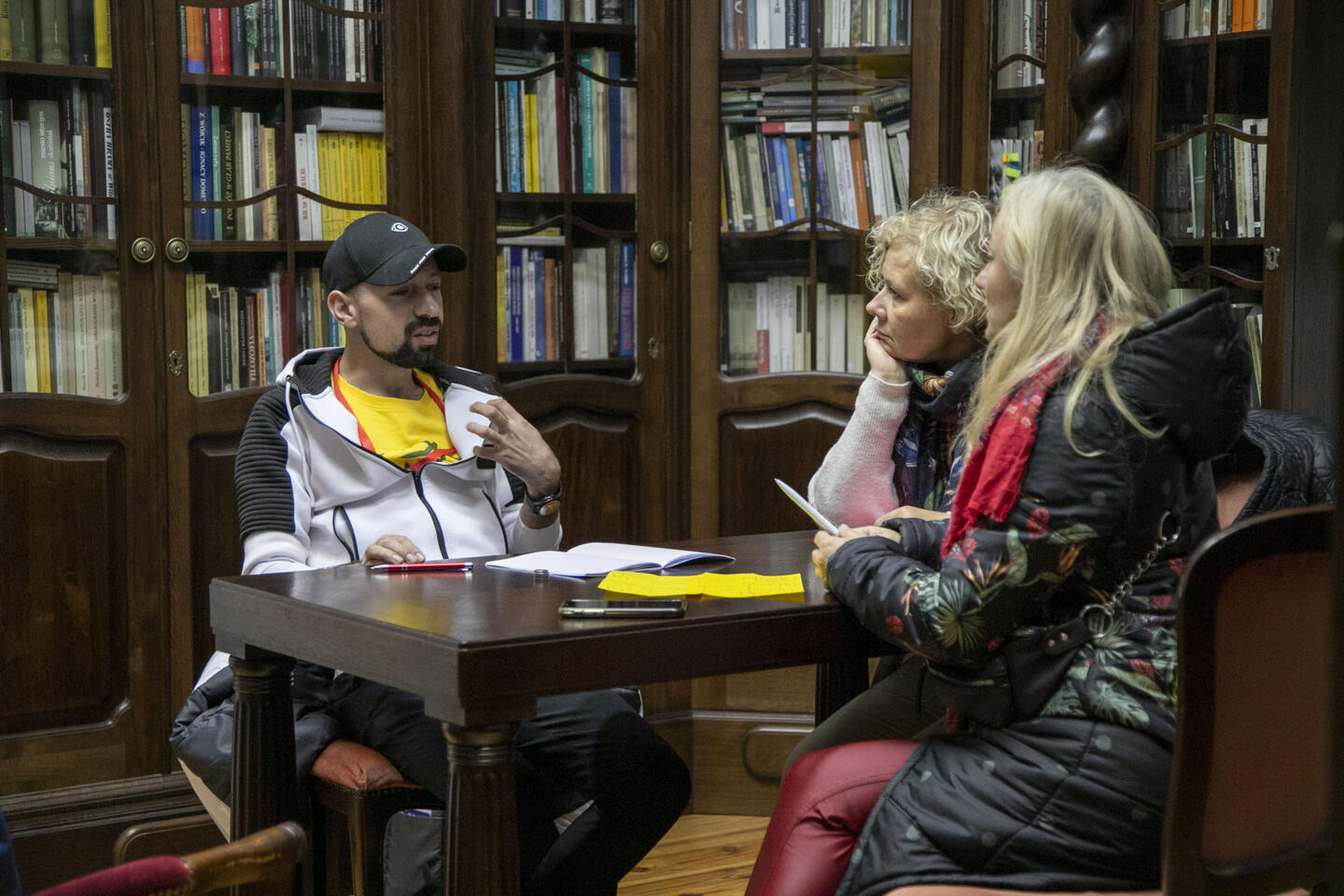Key information about the programme
- The programme is operated by: The Ministry of Environmental Protection and Regional Development.
- The Donor Programme Partner in this programme is: Norwegian Association of Local and Regional Authorities (KS).
- The programme objective is: Strengthened social and economic cohesion.
- The programme funding amounts to €10 million (excluding co-financing) and is funded entirely by the EEA Grants.
Why is the programme needed?
Within the framework of the first outcome Latvia is facing a number of regional challenges, like an increasing depopulation, considerable regional disparities and weak international competitiveness of regions. Positive population dynamics has been observed only in Riga Metropolitan Area while other municipalities, including Riga itself, has been depopulating. The most rapid depopulation has been observed in the Latgale region. Considerable regional disparities remain to be a major regional development challenge in Latvia.
According to Eurostat data, in 2015, GDP per capita in Latvia was 36% below the average EU-28 indicator. At the same time, significant differences are observed between the five regions — 80% of the average GDP per capita in Latvia in Pieriga, 65% in Vidzeme, 73% in Kurzeme, 59% in Zemgale, and 55% in Latgale (2015). The Latgale Planning Region is also characterised by the insufficient employment rate. In 2017, the unemployment rate of the Latgale Planning Region was higher than in other planning regions. The high unemployment rate is one of the main causes for poverty. In 2016, the poverty risk index varied from 14.5% in Riga to 37.7% in the Latgale region (16.7% in Riga surrounding area, 23.3% in Kurzeme, 26.6% in Zemgale, and 28.6% in Vidzeme). The Regional Policy Guidelines 2013–2019 defines the entrepreneurship support measures of planning regions and local governments as one of the core actions to be performed to tackle the regional development challenge.
The low financial capacity of entrepreneurs in Latvia reduces employment opportunities. Entrepreneurs have limited possibilities to modernize entrepreneurship by investing in production of goods and services with higher added value, which makes it difficult to increase productivity and attract highly qualified employees. Local governments have limited financing both for supporting entrepreneurs and attracting competent professionals.
GDP differences and the low capacity of the private sector to attract private investment and to offer career possibilities display a significant market gap in the regional economy. Therefore, it is important to strengthen the entrepreneurship centres which are established as structural units in each of the five planning regions. In accordance with the Regional Development Law, planning regions are derived public persons, the competence of which includes the planning of regional development, the coordination of cooperation of local governments and other State administration institutions, as well as the promotion of economic activities within the territory of the region. It must be noted that planning regions are managed by the council established by local governments included in the relevant region. Planning regions are considered to be the most important platform for the cooperation of local governments and have particular significance in the implementation of entrepreneurship promotion measures, cooperating with the local governments included in their territory and representing their interests in the implementation of measures of a regional scale. Strengthening the capacity of planning regions and local governments and the implementation of entrepreneurship promotion measures will increase the motivation and development opportunities for the private sector, especially in the Latgale region, which has the lowest GDP per capita.
What will the programme achieve and who are the beneficiaries?
The main objective of the Programme on Local Development, Poverty Reduction and Cultural Cooperation (the Programme) is strengthened social and economic cohesion at regional and local level.
The Programme plans to achieve three outcomes which aim at: (1) enhancing business support measures at regional and local level, whereby all the five planning regions of Latvia will receive funding for strengthening capacity and facilitate business opportunities, youth entrepreneurship and jobs through five pre-defined projects. Within the framework of this outcome specific focus will be on the Latgale region by providing for a larger grant allocation than to other regions in Latvia and implementing small grant scheme for entrepreneurship support; (2) increasing access to professional contemporary arts and culture where projects will be selected through open calls; and (3) improving integrity and accountability of public administration at local level and social inclusion, in the form of two pre-defined projects. The first one is on inter-municipal cooperation and good governance principles and the other is on multicultural dialogue and integration activities for local residents and asylum seekers in Mucenieki.
The Programme aims to achieve the following results: 5 planning regions with strengthened entrepreneurship support capacity; supported 200 businesses with increased operational capacity; 100 professional staff trained in the field of entrepreneurship promotion and inter-municipal cooperation in all Latvian regions; implemented 5 new ideas (region-specific solutions) in order to increase the competitiveness of the region and employment therein; 40 new work places in Latgale region created; 40 new products/services developed; 15 projects in bilateral cooperation addressing audience development and 15 cultural products engaging the target group and general public; enhanced capacity of 75 professionals for the development of the cultural audience; 30 representatives of the target group1 participating in the creation of cultural product; 15 bilateral co-productions in culture carried out; 2 governance guidelines and tools for local governments elaborated; 200 professionals of local governments trained; Research study on efficiency and effectiveness of inter-municipal cooperation published; 10 sports and cultural events organized and sports and leisure infrastructure upgraded aimed at facilitating asylum seekers’ successful integration into society.
How will the programme strengthen bilateral relations?
The Programme will strengthen bilateral relations through cooperation projects, experience and best practice exchange, joint results and increased mutual understanding between the donor states and Latvia. All local development and poverty reduction activities, as well as good governance and cultural activities, will include possibilities for bilateral cooperation.
